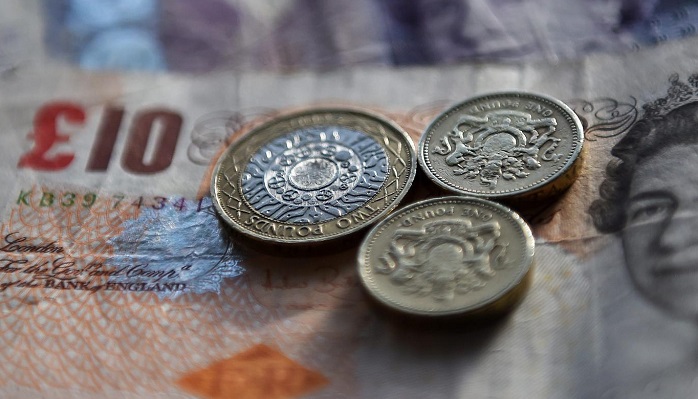Sterling struggles to recover from flash crash

On Monday, the pound was back under $1.24 at $1.23828 against the dollar at 7.45am - down 0.3 per cent.
Sterling shed more than 4 per cent last week in its worst weekly performance since the EU referendum.
The market is now heavily positioned for the pound to fall further.
Hedge funds increased their bets against the British pound to 102,964 futures contracts in the week to September 27, according to data from the US Commodity Futures Trading Commission.
Meanwhile, bets on a rising pound were slashed by around one-third during the week to 40,781 futures contracts.
Kathleen Brooks, research director of City Index, said she fears that the talk of a ‘hard Brexit’ has spooked the market, and made the pound ‘toxic’.
Naeem Aslam, chief market analyst at Think Markets,said he expected the pound to fall to $1.10 against the dollar by mid-2017.
Goldman Sachs said its three-month forecast was for the pound to fall to $1.20, while Rabobank revised down its forecast for sterling after last week’s sharp falls and expects the pound to drop to $1.18 by mid-2017.
HSBC, meanwhile, predicted the pound will fall to $1.10 against the dollar and hit parity against the euro by the end of 2017.
David Bloom, HSBC’s global head of FX, said the currency is now “de facto official opposition to the Government’s policies”.
“The argument which is still presented to us, that the UK and EU will resolve their difference and come to an amicable deal, appears a little surreal. It is becoming clear that many European countries will come to the negotiation table looking for political damage limitation rather than economic damage limitation. A lose-lose situation is the inevitable outcome,” Mr Bloom said.















































